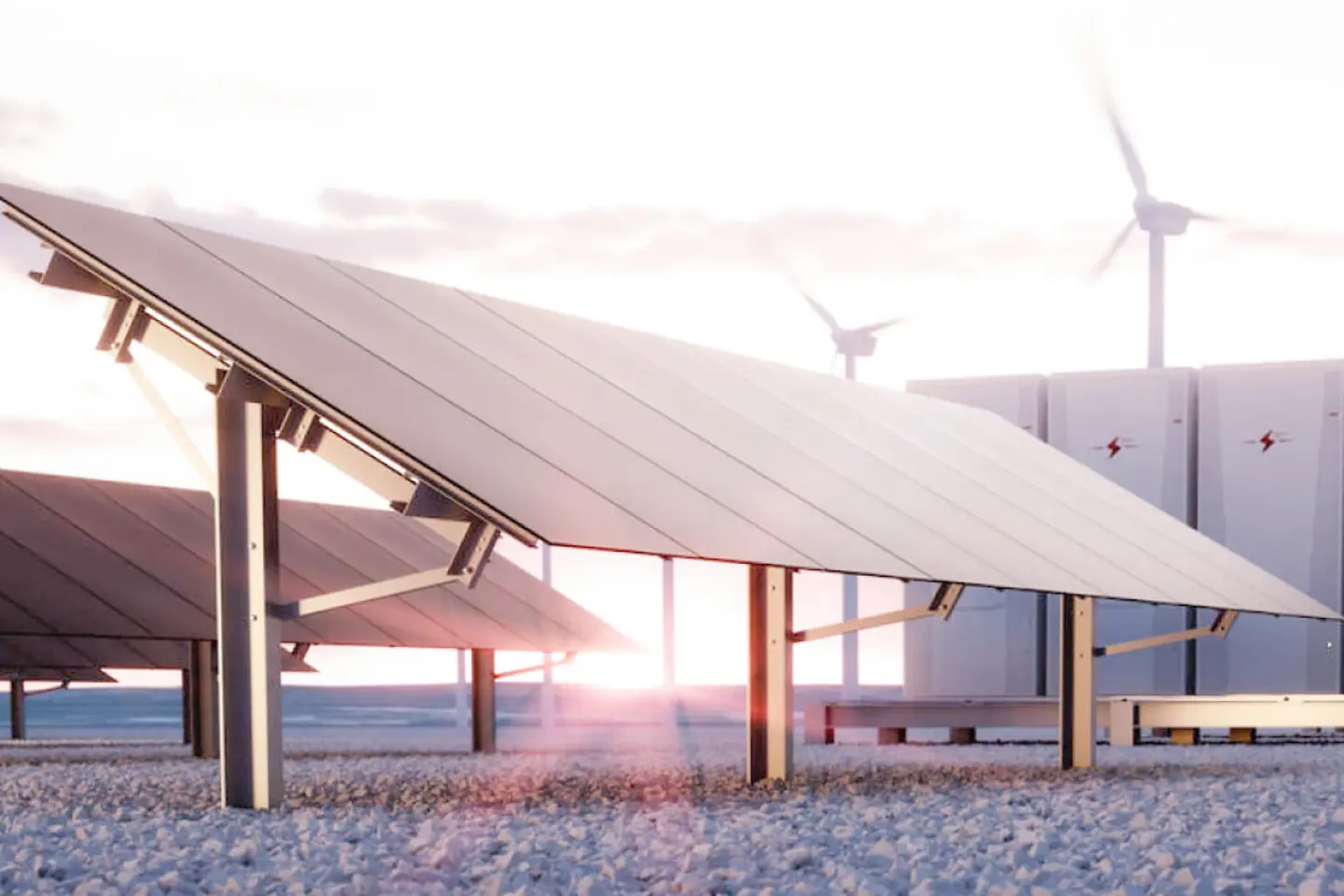
With production facilities that can last 40 years, the high cost of installing new infrastructure, and heavy regulation, the energy industry has historically been slow to transform. But this is not the case any more. Established industry leaders are heavily engaged in key transformation objectives, including emission reduction and digitalisation – and using them not just to become sustainable but also to create entirely new business models and services.

The primary driver of energy transformation is our global need to switch to renewable, non-polluting power sources. Cost is no longer a factor here: wind and solar have achieved ‘grid parity’ in many areas, paving the way for a full-scale transition.
Sustainability is now a strategic issue for utilities companies. They are going beyond installing individual solutions; they are also investing in dispatchable technologies that enable consumers to reduce their carbon footprints, and they are decarbonising production. Implementing these technologies can save energy and optimise grids to minimise wastage.
Transformation is also accelerating at household level. Consumers are steadily turning into prosumers, generating their own energy as well as consuming it from the grid.
Suppliers need to be prepared to manage this bi-directional network, which is far more complex in nature than a traditional model. Resilience and flexibility are the keywords. But they also need to acknowledge that this deepens the customer’s need for a complex, multi-touchpoint relationship rather than a basic linear one. Suppliers need to meet this need with a suite of instant and automated services, from price estimation to payment.

Once, we only knew how much energy people used in total. Now, with bi-directional flow and smart meters, we know when and how energy is produced and used, and what patterns of supply and demand exist.
How can this data be combined, analysed, and used to its full potential to deliver a more efficient and reliable grid, on the one hand, and insights into customer preferences and business opportunities, on the other?
Additionally, how is this data kept private and secure? And what sovereignty regulations must be followed?
These are the questions that must be answered as we enter the age of big data
Amid these seismic shifts, the role of Europe’s leading energy companies is changing. As the market diversifies, their business models are also diversifying. They are expanding into new business areas such as mobility and security, leveraging their expertise in managing critical infrastructure.
Companies are working with new partners outside their regular industry to achieve these new objectives. Digitalisation partners are enabling them to manage complexity, to optimise their operations, and to adapt quickly as the commodity energy market changes and becomes more sustainable.